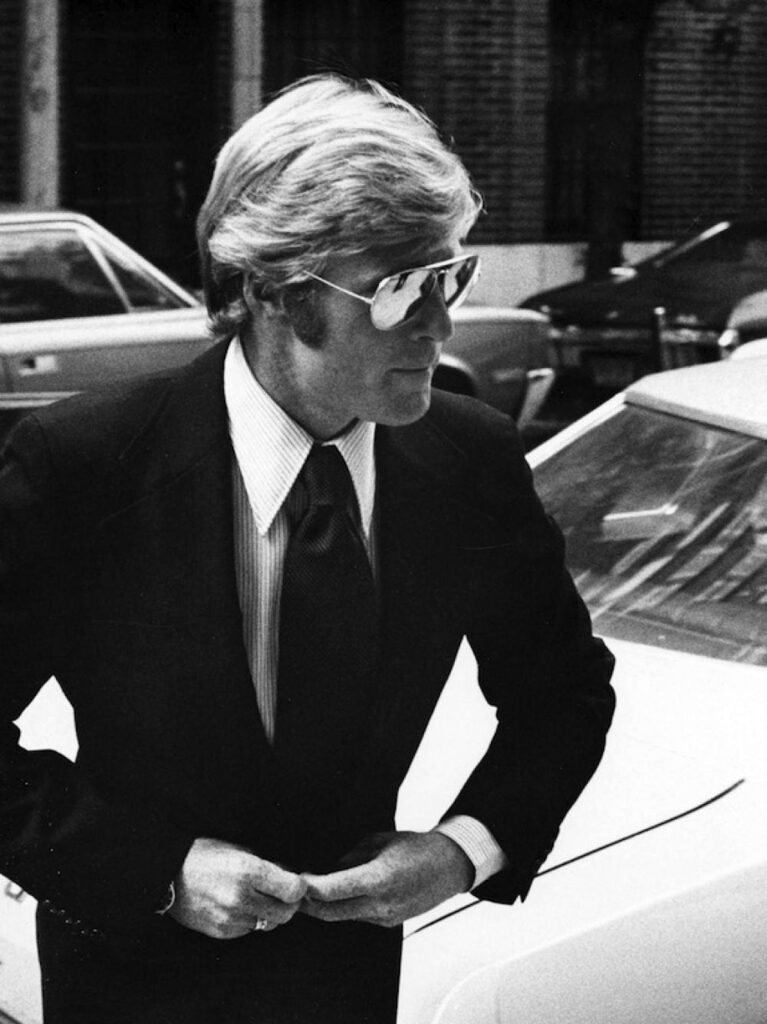
Robert Redford is objectively cool in the truest sense – removed from any context of time, place or perspective. But what does that really mean? The term cool is universal and ubiquitous. Calling something cool should be a platitude by now but it has defied that cultural pitfall of over-satiation. Cool has retained its significance because we lack of a better term and probably don’t need one. It is thrown around in all cultures (allowing for translations into other languages) throughout the world. Cool is a concept not unlike faith, it depends entirely on feeling and cannot be articulated definitively because it depends on the eye of the beholder. To many people, the faith aspect can be taken even further. If, for example, music or fashion is your religion then cool is the faith you depend on as the foundation of your religion. In western culture of the twenty-first century, most people worship at the altar of cool.
Cool is certainly not a science, it cannot be quantified or defined by certain terms so that means that cool is a philosophical term. The beauty of a philosophy is that it is indefinite; meaning that it’s attributes and limits can change with time and are always open to interpretation and debate. The meaning of cool can be debated forever. It can be both subjective and objective. Very few things are universally cool but some do exist. At the same time, you can tell me something is cool and I can tell you that you’re wrong and we are both correct based on our own perspectives.
You can list attributes that make something cool but those attributes alone, removed from the subject in question, do not automatically make something cool. That is to say that cool is greater than the sum of its parts. We know it when we see it and we know it when we don’t see it but we cannot set a definitive line where cool separates from uncool. Yet, that line certainly exists. Given a list of subjects, you can divide them into cool and uncool. However, the criteria for those differentiations are amorphous and cannot always be articulated. So, we are left to rely on “we know cool when we see it.” Therefore, in a way, cool defines itself. A subject is cool because it just is and in being cool that subject contributes to the overall definition of cool. That is why one subject’s coolness is so often demonstrated by comparing it to another, well established subject. This logic leads to the philosophical conundrum of being able to give an infinite list of examples without being able to create a set definition for what qualifies those subjects. Thus, in the search for a definition of cool we will always have to rely on examples. So, to me, Robert Redford is the definition of cool.
